7 Steps to the Best Mortgage Loan | Kissimmee, FL
Odds are you found this blog because you want to buy a home. And you are looking for a way to get the best mortgage. Is that about, right?
In this article, I want to share with you 7 Simple steps to help you get the best mortgage loan.
Let's get to it!
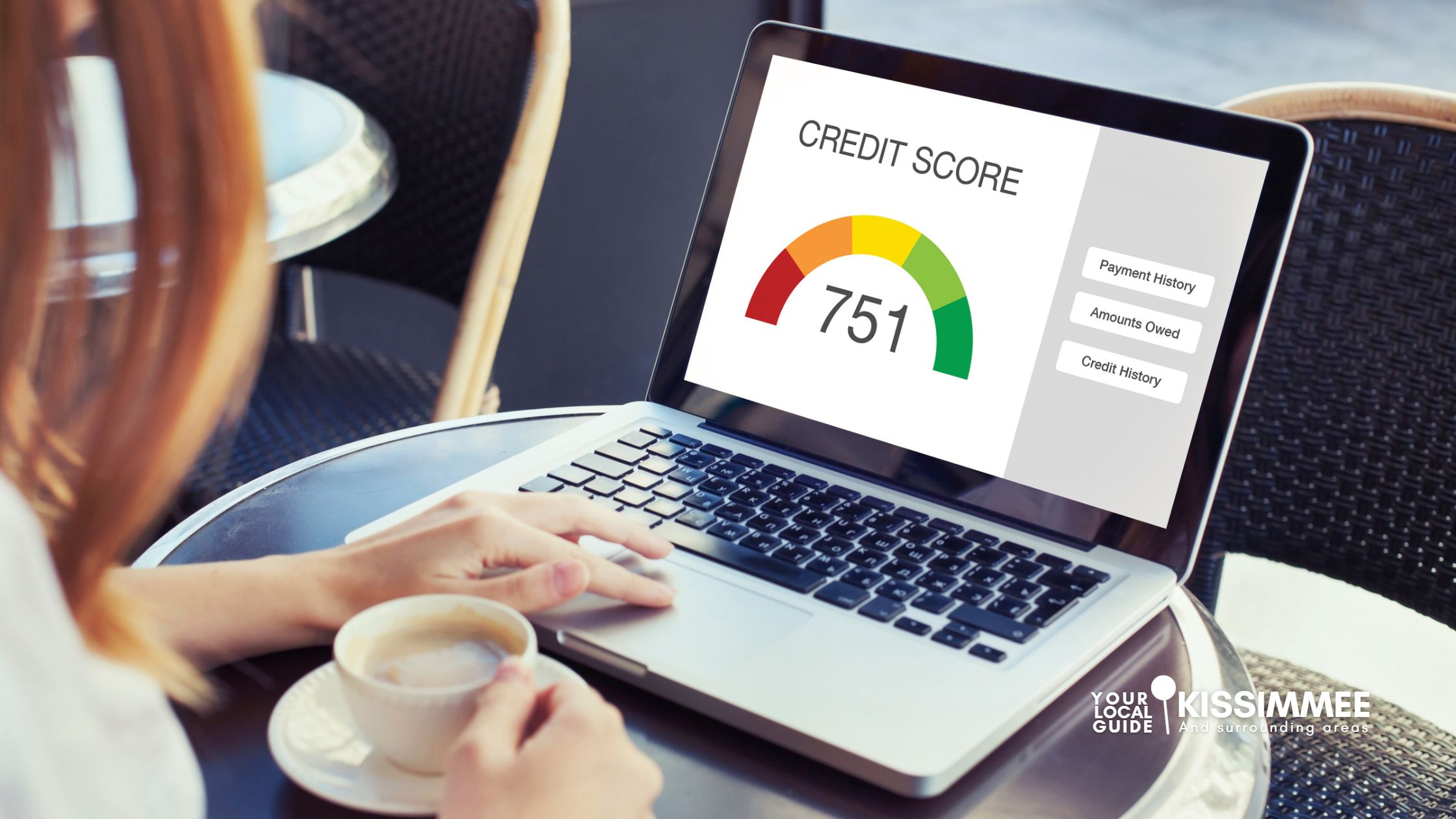
#1 Improving Your Credit Score
Focus on making your credit score better by following these quick tips:
Don't open new lines of credit
If you're considering applying for a home loan, don't open or close any lines of credit, as this can negatively impact and lower your rating!
Check your credit report for errors
Before applying for a loan, check your credit report for errors. You can request a free copy of your credit report from each of the three major credit bureaus (Experian, Equifax, and TransUnion) once per year. If you find any errors on your credit report, you can dispute them with the credit bureau and have them removed. This will help you boos your credit score.
Pay your bills on time
Paying your bills on time is one of the most important factors in determining your credit score. Make sure to set up automatic payments for all of your bills so that you don't forget to make a payment.
Use a credit card wisely
If you use a credit card, make sure to pay off your balance in full each month to avoid paying interest. Additionally, try to keep your credit card balances low to keep your debt-to-income ratio low, another factor used to calculate the mortgage amount the bank will approve you for.
Keep old accounts open
Closing old accounts can actually hurt your credit score, so it's best to keep them open even if you're not using them. This is because closing an account will lower your available credit, which can increase your debt-to-credit ratio and negatively impact your score.
Get a secured credit card
If you have bad credit or no credit history, you may want to consider getting a secured credit card. A secured card requires a deposit that serves as collateral in case you default on the card, which means that the bank is less likely to lose money if you don't make payments.
Using a secured card responsibly can help you build up your credit to eventually get a traditional unsecured card.
Become an authorized user
If you know someone with good credit who trusts you, you may be able to become an authorized user on their account. This means you'll be able to use their account but won't be responsible for making payments. Becoming an authorized user can help you build up your own credit history and improve your score over time.
Mortgage Lenders can also show you how to boost scores if you have trouble with late payments or missed repayments, get rid of collections (or keep them if it's an old account).
Your Credit Score can help you get a lower interest rate which could save you thousands of dollars thought out the life of the loan. So take time to boost your credit before you apply for a mortgage loan.

#2 Find A Lender You Trust
When you're in the market for your dream home, any lender who helps with financing must have experience and trust. You shouldn't go onto websites or speak to people off the internet - stay local!
There are too many inexperienced loan officers out there marketing themselves as experts when they don't even know what their client is going through day after day...so make sure before committing yourself. Ask around. Ask your friend, family, or realtor for a referral.
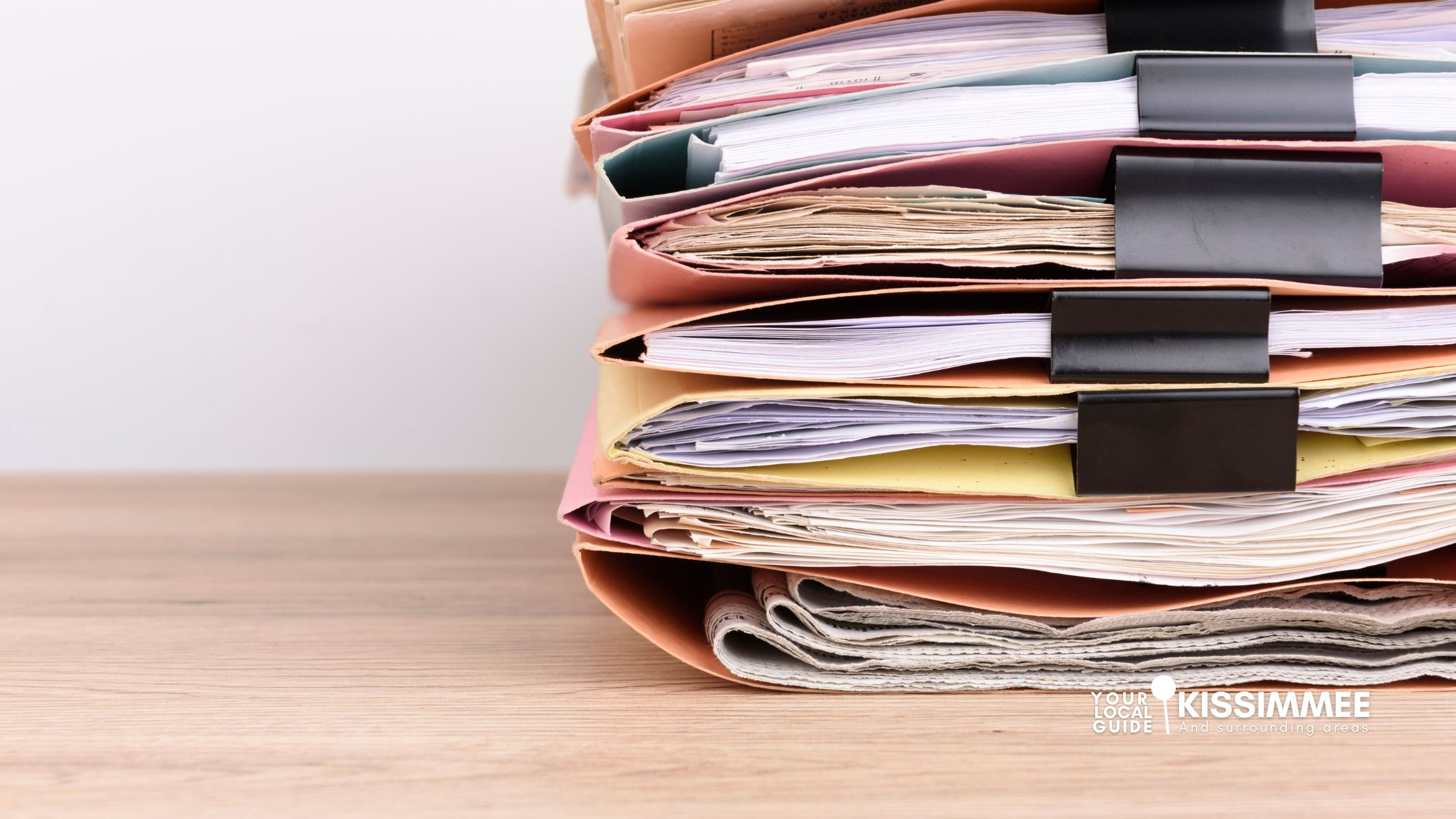
#3 Organize Required Documents
As a prospective home buyer, you will want to make sure that all of your documents are in order and ready for when it comes time to share this information with the loan officer. The more diligent and organized you are, the smoother this process goes and the better the chance of getting approved!
Your documents should include:
-
Past two years of W-2's/1099 for both employed individuals and self-employed
-
Past two years of federal tax returns
-
Pay stubs for the past month (total of 30 days)
-
Bank statements for the past two months (letterhead and all pages, even if blank)
-
Asset account statements for the past two months (if using 401k, IRA, stock accounts, etc… for this transaction)
-
Picture ID(s)
-
Divorce decree (if applicable)
-
Bankruptcy paperwork (if applicable)
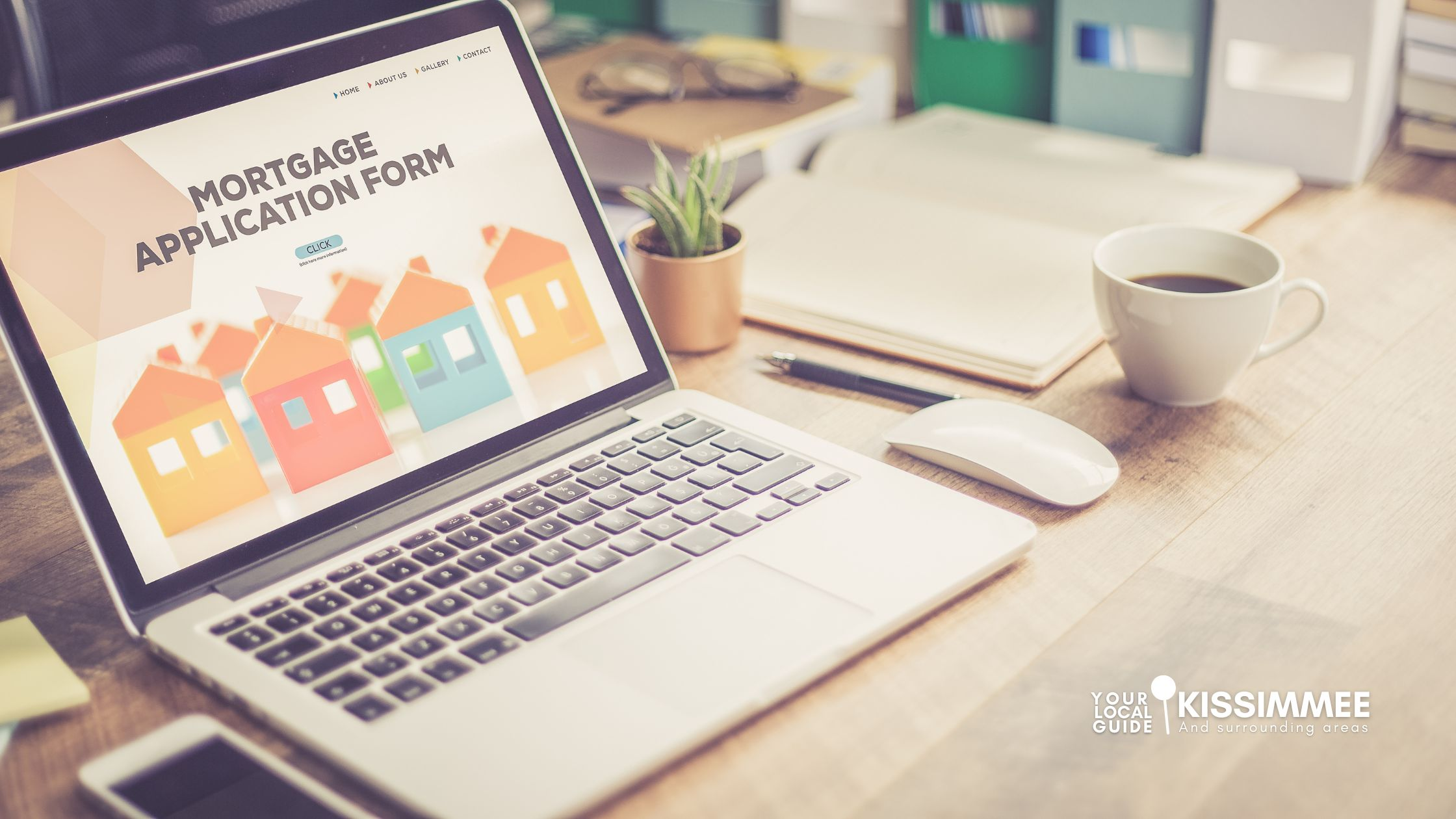
#4 Applying for A Mortgage Loan
The lender will check your credit score when you apply for a mortgage. Your credit will determine the interest rate and loan term the lender can offer you.
You can shop around with other lenders for a better interest rate, but remember that the interest rate offered is based on your credit score. If you decide to shop around, shop for better lender fees, quality service, and experience. We all want the best deal, but the best deal is not always the lowest interest rate. Knowledge and experience matter, especially when choosing a mortgage lender.
Pro Tip: If you want to shop around for the best deal, don't delay. You want to do this right away. Preferably before you a seller accepts your offer.
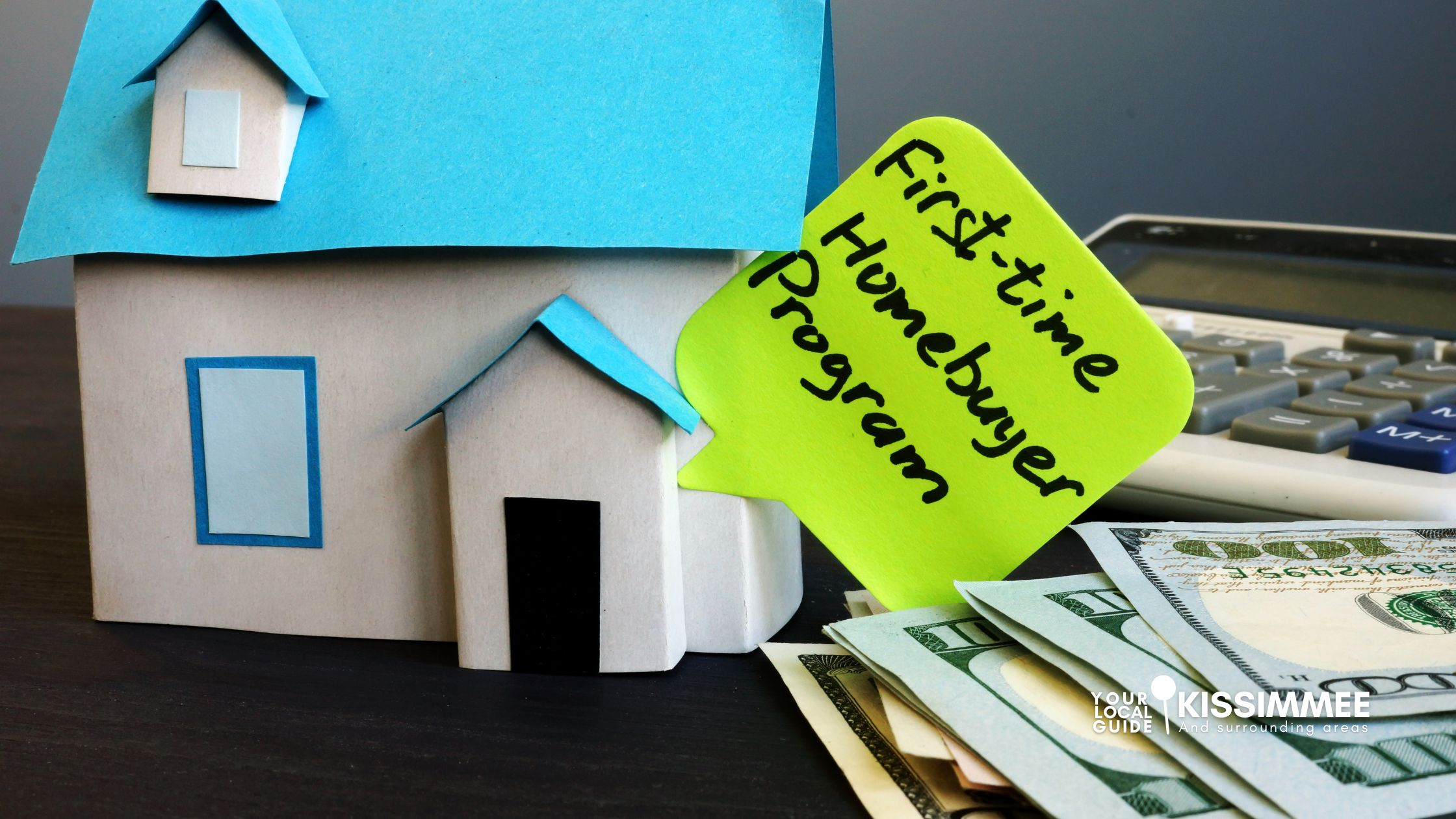
#5 Special Financing Programs
Before deciding on a mortgage loan, find out about any special programs like Down payment assistance, 100% financing and any grant program available.
Make sure to look at how much of a down payment is needed before deciding on what type of mortgage will work best for your situation, but don't forget FY: Gifts from family or friends can be used towards down payment and/or closing costs.
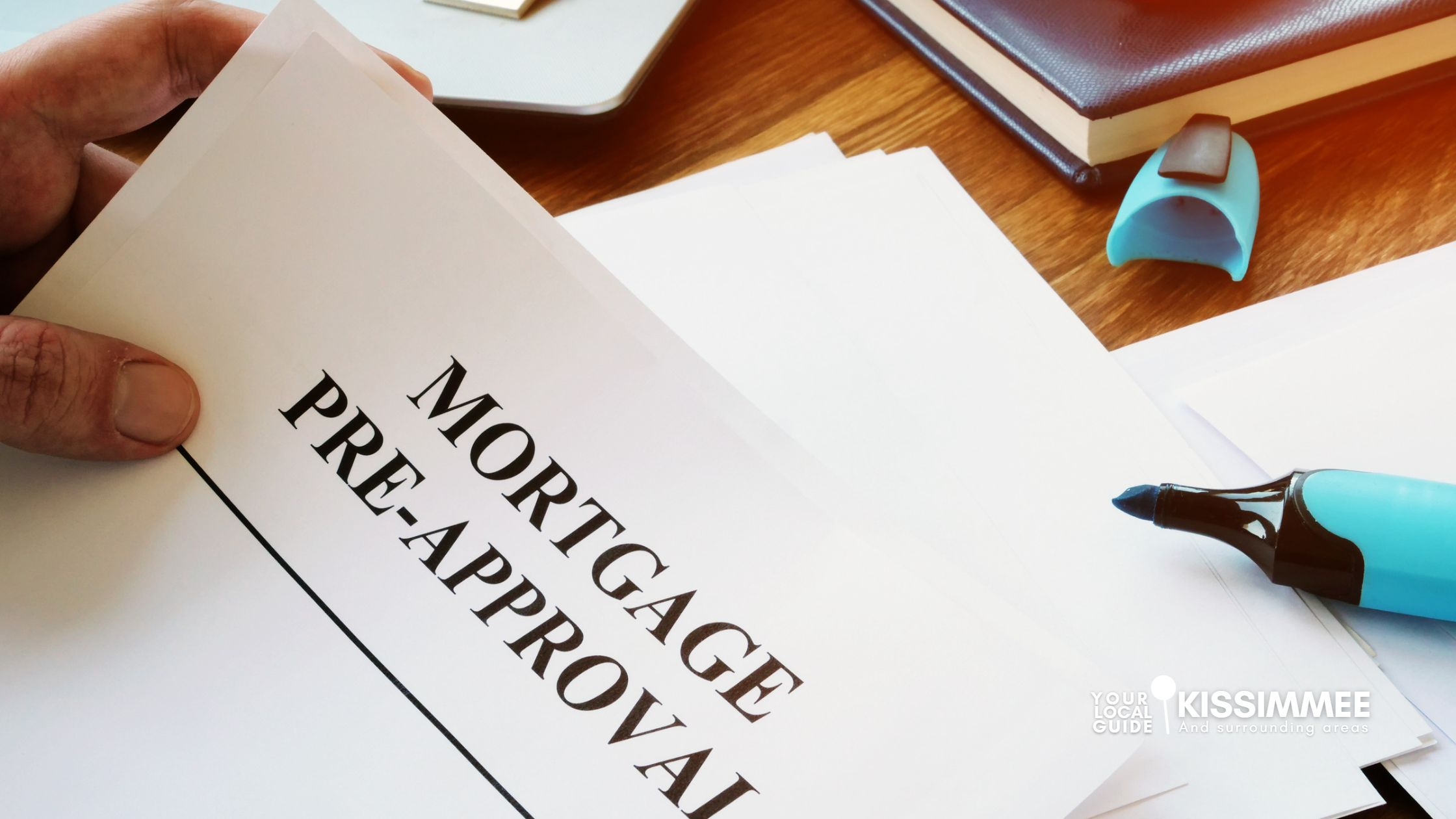
#6 Getting Your Pre-Approval Letter
You're ready to buy a home!
You filled out the loan application and submitted all the required documents. Now, the officer will issue a pre-approval letter that says your application is approved.
Be sure to get a mortgage summary with your pre-approval letter this way you have an estimate of the closing costs based on the loan amount.
Know the type of loan you are pre-approved for e.g. FHA Loan, Conventional loan, etc. Is it a fixed rate or an adjustable rate?
Know what your monthly payment will be if you buy a home at the pre-approved amount.
Remember to do your own number and see if the mortgage payment works for you.
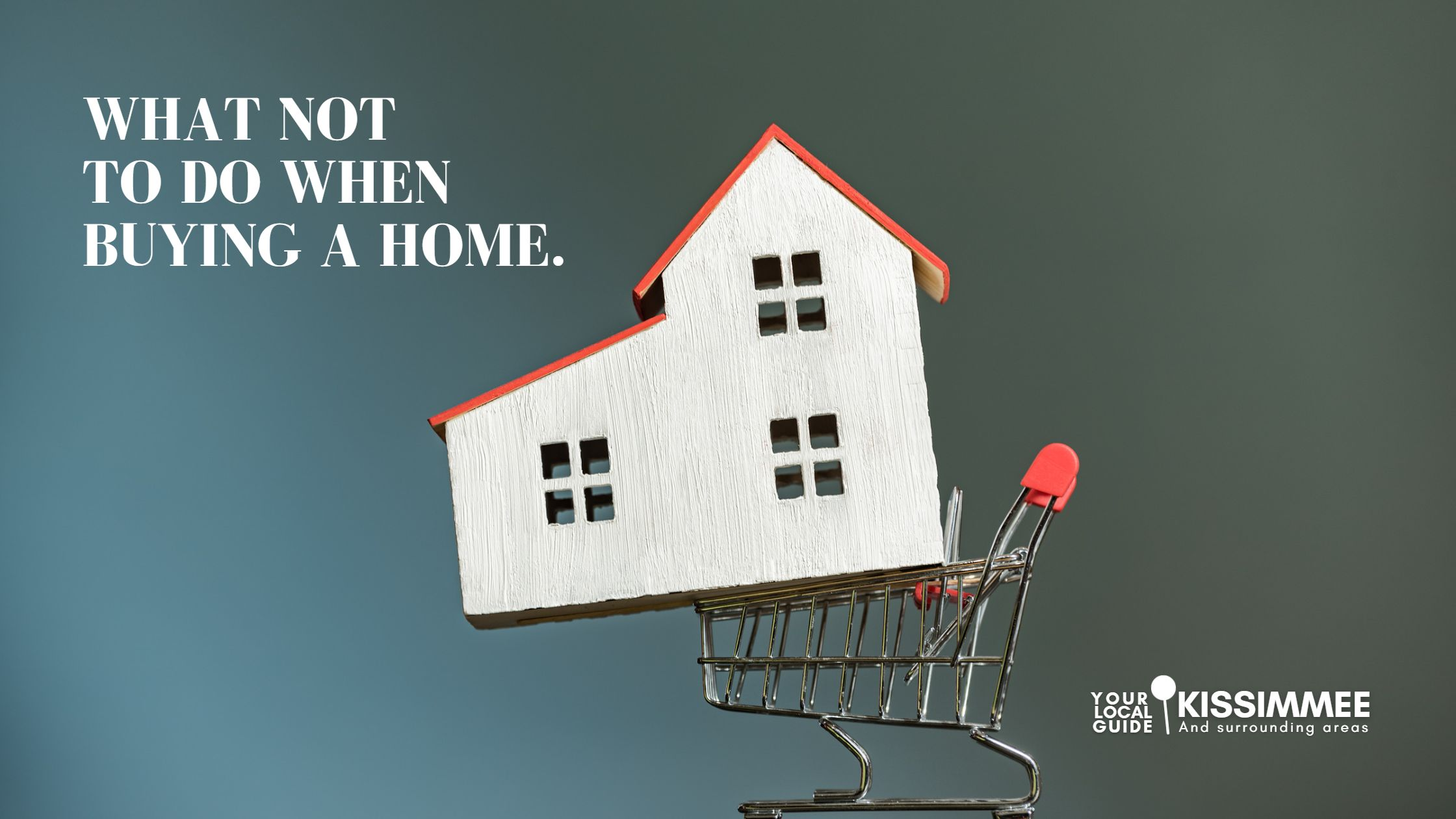
#7 What Not to Do After Your Loan Pre-Approval
You got your loan pre-approval, but the job is not done yet. From the moment you get your pre-approval letter all eyes are on you. (I don't mean it literally, but the bank will be watching your every move.)
If you are serious about buying a home, follow the tips below.
Don't change jobs
Now that you have been approved for a loan, congratulations! This is a huge milestone in your journey to homeownership. But before you start shopping for your dream home, you should know a few things. One of the most important things to remember is that you should not change jobs after your loan pre-approval. Doing so could jeopardize your chances of getting the loan, as lenders want to see that you have a steady income.
Don't make any large purchases
Another thing to avoid after your loan pre-approval is making any large purchases. This includes buying a new car, going on a luxurious vacation, or making any other major purchase that could impact your finances. Lenders will look closely at your bank statements and credit reports to see if you're using too much of your available credit, which could make them question your ability to repay the loan.
Don't open any new lines of credit
In addition to avoiding large purchases, you should also avoid opening any new lines of credit after your loan pre-approval. This includes opening new credit cards, taking out personal loans, or applying for store credit cards. Any new debt that you incur could increase your debt-to-income ratio, which could lead to your loan being denied.
Don't co-sign for anyone
Another thing to avoid after getting pre-approved for a loan is co-signing for anyone. This includes co-signing for a friend's loan or co-signing for a family member's mortgage. By co-signing, you're essentially taking on responsibility for the debt if the other person is unable to make their payments. This could negatively impact your own ability to get a loan in the future.
Don't close any existing lines of credit
If you have any existing lines of credit, such as credit cards or store cards, don't close them after getting pre-approved for a home loan. While it may seem like a good idea to reduce your overall debt load, closing these accounts could actually hurt your credit score by reducing your available credit. Additionally, lenders like to see that you have a history of responsible credit use, so closing these accounts could make it harder to get approved for a loan in the future.
Don't move money around
Finally, don't move any money around after getting pre-approved for a home loan. This includes transferring money between accounts or making any changes to the way your income is deposited into your account. Mortgage lenders will want to see that you have a consistent income and that you're not trying to hide anything from them.
P.S.
If you are looking for local, experienced, knowledgeable mortgage lenders, fill out the form below to get the updated list of my preferred mortgage lenders.
Takeaways:
Boost your credit score before you get approved for a mortgage. It will help you get a lower interest rate.
When choosing the ideal loan officer, look for someone who offers you lower interest rates, but someone with experience, and knowledge.
Organize your documents so the loan approval process is easy for you.
Before you decide on a mortgage program find out what other options are out there, and which ones could benefit you.
Once you have a mortgage pre-approval, stay focused on the goal. Follow the What Not to Do Checklist above and you will be fine.
Thank you!
Thank you so much for reading. If you found this article helpful, share it with others.
My mission:
To guide, inform and inspire you to take the 1st step towards your best life. Buy or sell homes with confidence. -Jury Hernandez, Broker Associate



